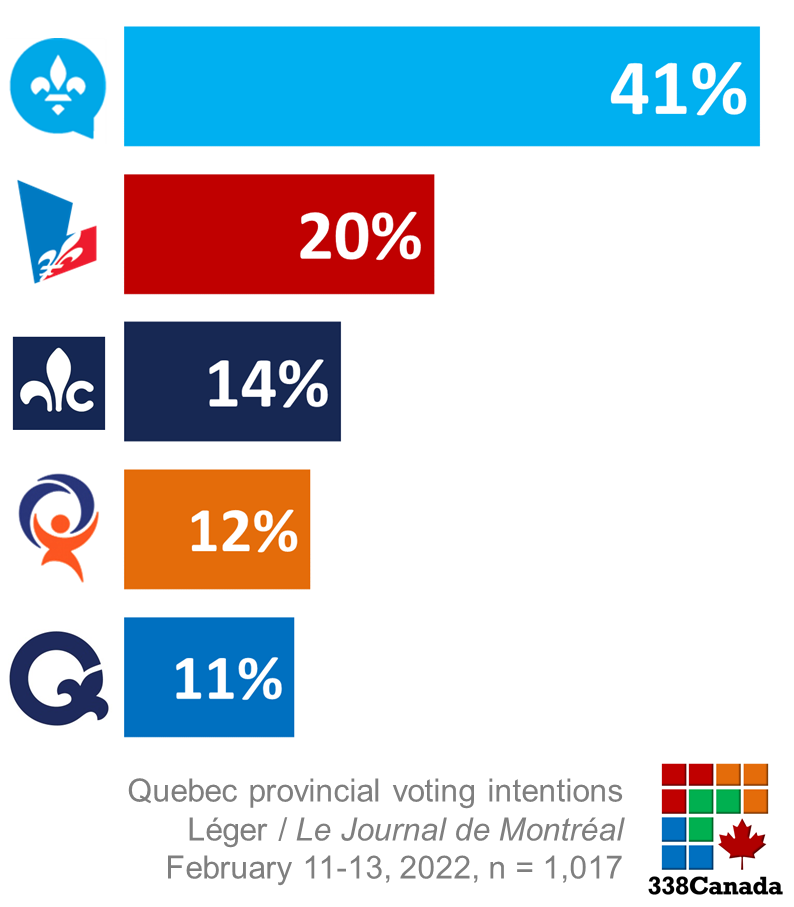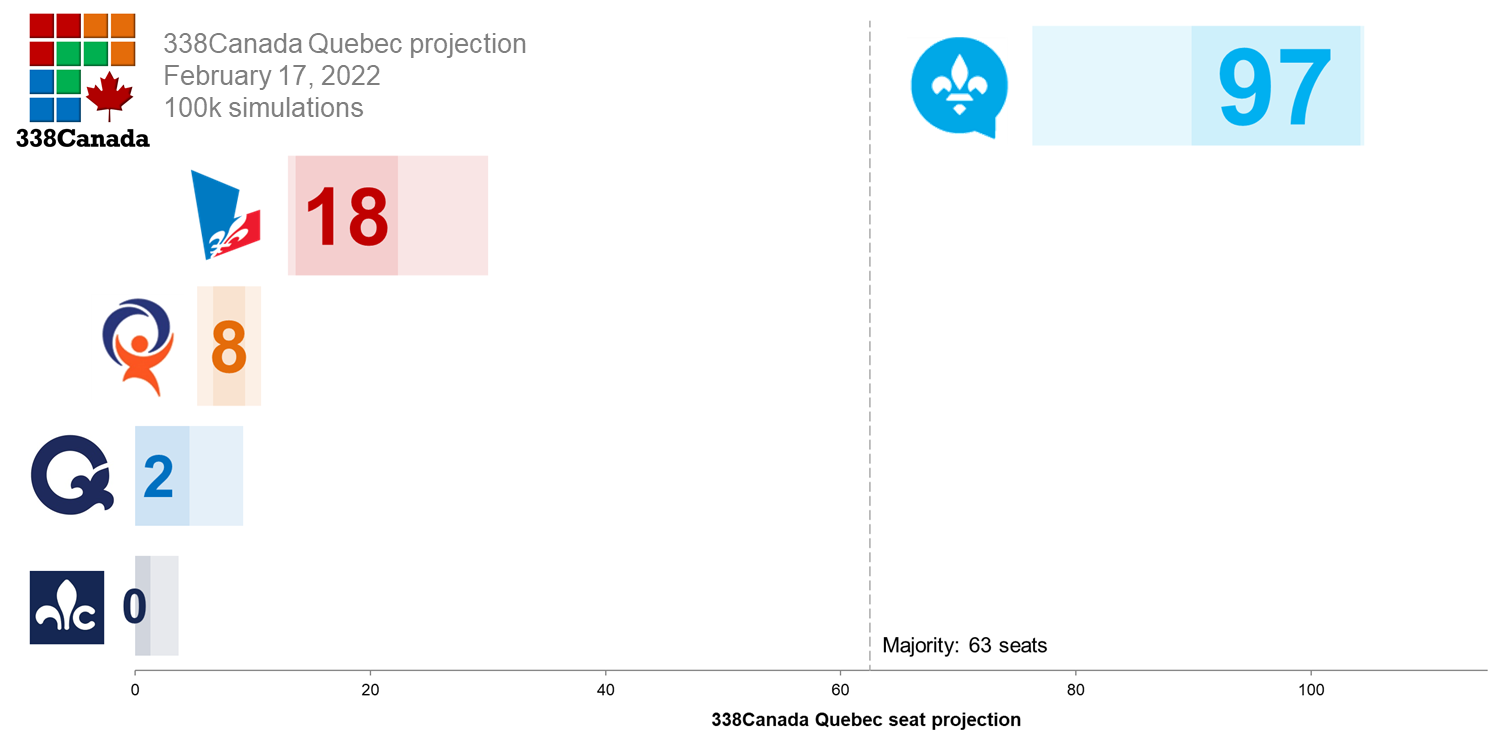
It’s true that, for a lot of people, the sight of the hot tub was hard to take. At some point during the first week of the Siege of Ottawa, the little plaza across Wellington Street from Parliament’s Centre Block took on some of the atmosphere of a carnival, complete with an inflatable hot tub. With guys in it. Steam rising from hot water. Nearby, a newly built wooden shed served as a community kitchen for the Freedom Convoy protesters. Also, there were bouncy castles. And a concert stage.
Not everyone in Ottawa felt the party mood. The Freedom Convoy rode into Canada’s fourth-largest city at the end of January on a stack of threats, some more subtle than others, to Canada’s civil order and to people who had the misfortune of residing where the occupiers wanted to park. The siege’s organizers dusted off a “Memorandum of Understanding,” already written before the idea for a truckers’ convoy came to them, that called for the Senate and the Governor General to depose Justin Trudeau from his post as prime minister. This is not something the Senate and Governor General can do. So it was really a Memorandum of Misunderstanding, or of Not Wanting to Understand. Organizers eventually withdrew the memorandum from their website, but for weeks they refused to withdraw themselves from the centre of Canada’s capital city.
Every day featured threats, insults and sometimes physical assaults against Ottawa residents who’d done nothing but wear face masks. Watching it all was Pat King, another caravan organizer, who said in an online video that the “goal” of Canada’s government is “to depopulate the Anglo-Saxon race because they are the ones with the strongest bloodlines.”
So: intimidation, racism, contempt for the mechanisms of Canadian democracy. Not from all the protesters, but from too many. I think there were many in the convoys who don’t share Pat King’s race theories or the other ringleaders’ terrible understanding of Canadian politics. But they came to my town and they tormented my neighbours and I don’t want anyone thinking they’re heroes.
I want to come back to that hot tub. Not physically: just the idea of it. The fact of it. The speed of it. Within days, a bunch of out-of-towners managed to move into Ottawa with heavy equipment, establish a perimeter, toss up a leisure-time play village, and build forward camps in parking lots and farms far away from Parliament Hill. When GoFundMe cut off their crowdsourced revenue, they switched to GiveSendGo within minutes. Their support network was global and the convoys inspired copycat demonstrations in a dozen foreign capitals.
This is faster than things usually go in Ottawa.
You wouldn’t have had to look far to see how slowly they usually go. Next to the hot tub is the former U.S. embassy, three stories of Indiana limestone directly facing the Centre Block. Since 1999, it has stood empty because there’s a new, far bigger embassy around the corner. In the early 2000s, somebody decided the grand old building should become Canada’s national portrait gallery. When the Conservatives came to office in 2006, I guess they worried about whose portraits would go in the thing, and whose wouldn’t, so they spent nearly a decade ensuring it wouldn’t be a portrait gallery. When the Liberals returned in 2015, they decided it should be an Indigenous Peoples space. There have been substantial disagreements about exactly what that should entail. So, for 23 years now, that prime real estate has lain fallow.
For a while now, I’ve imagined the former embassy as a stop on an Ottawa Paralysis Tour I might run for tourists. We’d also stop in front of 24 Sussex Drive, which has been crumbling longer than Stonehenge. The best lack all conviction, while the worst / Are full of passionate intensity, William Butler Yeats wrote. I don’t know about best or worst, but lately the people who don’t believe in the government of Canada have been running rings around the ones who do.
A year ago, Justin Trudeau and Joe Biden signed the “Roadmap for a Renewed Canada-U.S. Relationship.” One of the big items was a joint meeting of the Canadian and American ministers of foreign affairs and defence, a so-called “2+2.” Just a meeting. All they had to do was meet. A year later, they haven’t.
In last April’s budget, Chrystia Freeland announced a plan to hire up to 28,000 “young digital advisers” to help small businesses go online. A senior official in the finance department told reporters on budget day how proud of this program everyone was. At last, the digital transformation. As one measure of whether the federal government even needs to be in this line of work, just google “put my small business online.” It’s good that there are so many private-sector options, because the government is having a hard time of it. I asked in August how the digital-adviser program was going, and the Innovation Department said they were looking for bidders to deliver it. I asked again in December: “We are currently finalizing our selection process.” I asked again in February: “There currently has been no update to our previous response.” Meanwhile, the insurrection is having great success putting its business online.
Whatever you want from Ottawa—electoral reform, clean water, free trade with China, a firm position against China, world peace, pipelines, lower carbon emissions—you’re lately finding it’s taking a while. The failure isn’t total; these aren’t cartoon villains. They’re working hard. But the results they’re getting are really not inspiring. And, in the current context, this matters for at least two reasons.
First, because Trudeau and his circle have spent two years telling themselves that the global COVID-19 catastrophe would usher in a new era of triumph for boldly progressive government. “You never want a serious crisis to go to waste,” the mandarin Michael Sabia wrote on March 22, 2020, in the Globe and Mail, and two weeks later he was working for the Trudeau government, saying things like “For the first time in living memory, so many of the standard operating procedures that are so often a straitjacket and a constraint on creativity are essentially gone.”
Trudeau himself plainly loves this vision of a gleaming and, above all, unimpeded future for people who hold opinions like his. “We can choose to embrace bold new solutions to the challenges we face and refuse to be held back by old ways of thinking,” he said on the day he fired Bill Morneau as his finance minister. “As much as this pandemic is an unexpected challenge, it is also an unprecedented opportunity.”
READ: The curse of the convoy
And how’s it working out? From where I’m sitting, the standard operating procedures still look like a straitjacket. And a lot of the bold new solutions are coming from the hot-tubs-and-Bitcoin side of the ledger. I’m triple-vaccinated; I was the public-health enforcement cop in our house during a succession of lockdowns, and I would like the future to have more green infrastructure rather than less. But yeah, it was amusing to see that the truckers are better than the Trudeaus at Building Back Better.
Which brings me to the other reason it matters that modern government is increasingly stultified and self-delusional. Trudeau’s generation of Liberals came to office thinking they would be able to build things—alliances, labs, clean transit, a global coalition of like-minded countries—but all of that turned out to be hard and disappointing. Increasingly, they’ve found that all they can really do is write cheques and lay blame. The pandemic made the cheque-writing necessary. Increasingly, it’s made the blaming too tempting to resist.
Take vaccine mandates. “I’m really worried about that,” Justin Trudeau told YouTuber Brandon Gonez in May, less than a year ago. “We’re not a country that makes vaccination mandatory . . . I prefer to encourage people positively.”
By mid-August, Trudeau’s ministers were explaining that their thinking had evolved. Surely their evolution was mightily encouraged by an opinion article veteran Liberal Peter Donolo published in the Globe and Mail on Aug. 11, with the headline “Vaccine passports could win Trudeau a majority.” Trudeau called his election on Aug. 15.
Angry crowds started showing up at Trudeau’s campaign events to protest vaccine passports and lockdown mandates. They weren’t dissimilar from angry crowds protesting around the world. The difference was that only in Canada did a head of government call a premature election because he thought he could benefit from the division. And yet, even in August, part of Trudeau still wanted to be conciliatory. “I’ve never seen this intensity of anger on the campaign trail,” he said after protesters forced the cancellation of a campaign event. “We need to hear the fears and the disagreements and the concerns that Canadians have—by listening to each other.”
But already a tide was rising, a heady cocktail of real concern for public health spiked with self-righteousness. The more Canadians were vaccinated, the more hope for any kind of return to normal receded, the stronger the support for more coercive measures. And all of it was made easier by the widespread conviction among the vaccinated that they were smarter than those who refused. The tide washed over Andrea Horwath, the leader of Ontario’s provincial NDP opposition. “We can’t simply ignore that there are folks that are not going to get vaccinated and I don’t think the right thing to do is shut them out,” she said. Two days later she was all for shutting them out, and sorry she had ever said otherwise.
RELATED: What it takes to truly fight for freedom in Ukraine
And now here we are, and I wonder whether the vaccine mandates have been worth it. Canada’s vaccination effort was going well before Trudeau’s change of heart. It’s gone well since. We’re still short of universal vaccination; maybe it’s time to admit we always will be. And to count the social cost of trying too hard.
This virus was always going to be a tricky test of our solidarity, precisely because it’s so contagious but not life-threatening to most who get it. That makes it more devious than a full-bore killer like Ebola, and actually more dangerous, because it requires care and forbearance from entire populations to protect relatively few. Different people were always going to decide differently how far they wanted to take that effort of solidarity, or how far they could. It was never as easy for people who couldn’t work from home, or who’ve always lived far from government services but somehow never far from government orders. People who hardly ever hear from Ottawa except to learn what they’re required or forbidden to do next.
I think as a society we’re starting to learn fresh and urgent lessons about the limits of designating an “us” and a “them” and attempting, by force of law, to require that they act like us. In the case at hand, I think we’re learning that no government can long compensate for its flaws by commanding allegiance or obedience. Laws are necessary and sometimes coercion too, but let’s not kid ourselves that we can use them without cost. As a sometimes wise man said on one of his wise days, it’s much better to hear the fears and the disagreements and the concerns that Canadians have by listening to each other. Before we discover we’ve all forgotten how.
We’re the survivors, you and I, after two years of disaster. We need to figure out how to live together.
This article appears in print in the April 2022 issue of Maclean’s magazine with the headline, “Build back
blunder.” Subscribe to the monthly print magazine here.
The post The truckers brought chaos to Ottawa. What can we learn from them? appeared first on Macleans.ca.





















